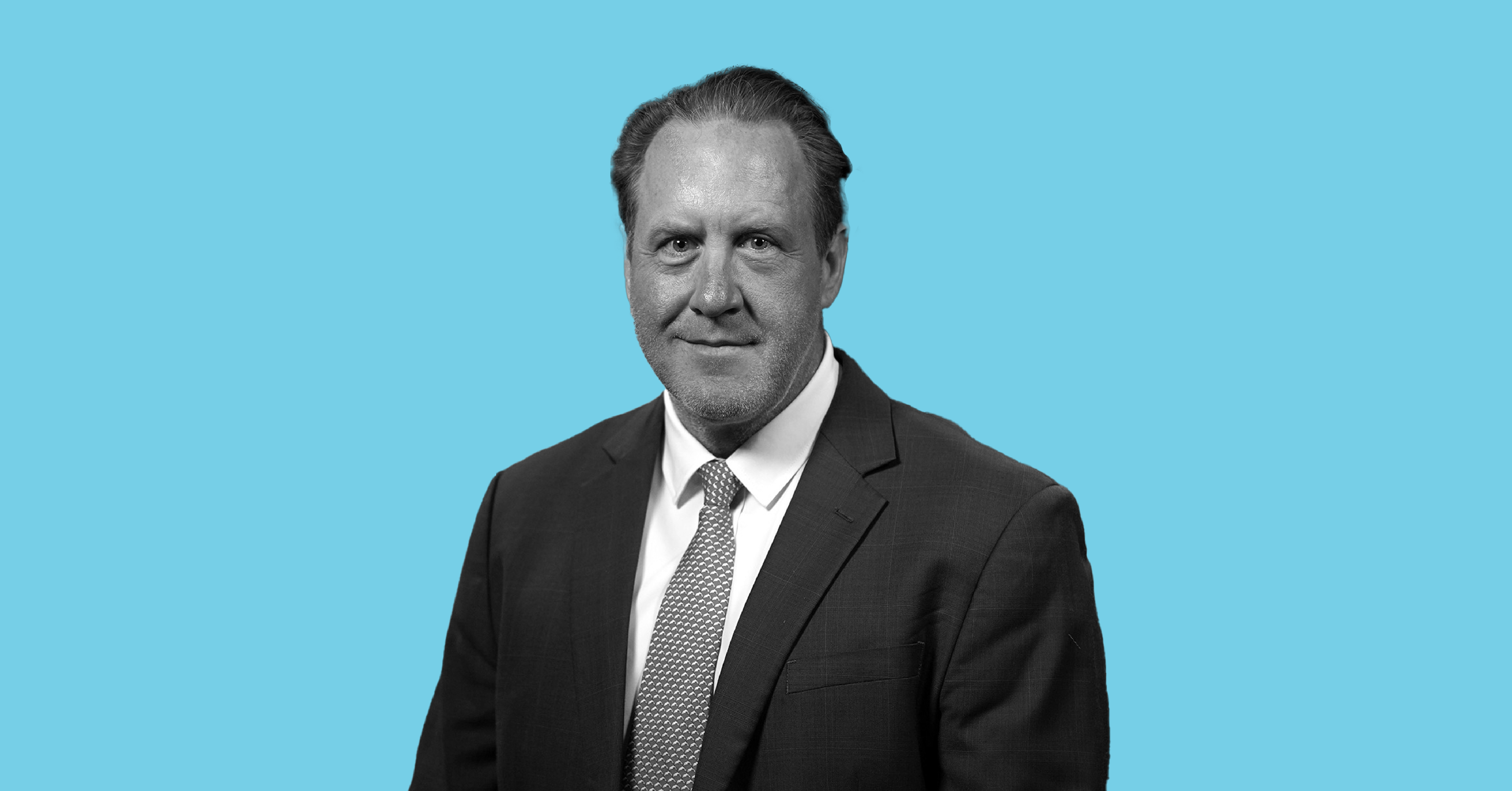An EDCUtah DEI Profile: Suazo Business Center

September 16, 2021
An EDCUtah DEI Profile: Suazo Business Center
EDCUtah is highlighting a Utah community organization or multicultural resource group each month, organized by monthly heritage theme where possible. This is part of an effort to inform our investors about diversity, equity, and inclusion (DEI) best practices and resources in Utah.
For September’s profile, we talked with Silvia Castro, Executive Director, and Edward Bennett, Director of Business Development, at the Suazo Business Center.
What’s the “elevator speech” about the Center?
SC: The Suazo Business Center is committed to the development and empowerment of the Latino/Hispanic and other underserved communities. We help current and future minority entrepreneurs succeed and build wealth.
EB: We help entrepreneurs explore, launch, and grow their businesses through bilingual consulting, in-depth training, and a variety of business-related workshops and resources. Our team focuses not only on the business, but on the business owner, providing wrap-around support to address potential barriers to success.
We’ve run some figures by zip code…the amount of self-employment income vs. the amount of education that you have is something like an 80% correlation. People who are more highly educated, and people who own their own small business, or at least have the education on how to run a small business, those people make more money. We provide that education.
Give us some of the history and current scope of the Center.
EB: We’ve been a 501(c)3 since 2002, and we have two locations – Salt Lake City and Ogden. In 2019, we served 2,600 individuals with a staff of 12. Some 90% are our clients are Latino/Hispanic, 5% are white, 2% Asian, 1% Black, and 1% Pacific Islander. The vast majority are in Utah, and typically represent businesses with revenues below $100,000 a year.
We’re a bilingual resource center – we speak English, Spanish, Italian, Mandarin, and we have access to Tongan and Portuguese speakers to assist us.
We charge a very nominal amount for our services, mostly to create some “skin in the game” for our clients.
SC: We have two Education tracks for entrepreneurs - Startup and Growth. The programs provide business and financial literacy classes and they run for six months each.
We hold Workshops. Some are technical, such as how to use Square for Business or how to make the “digital leap.” Some workshops are more aspirational, such as our female-led series. The communities we serve need to see examples of success by women, so we highlight Latina leaders through our “Ella” (pronounced ‘A’-yah) program. “Ella” means “she” in Spanish.
We do a lot of Advising/Mentoring.These are customized, one-on-one sessions. We learn about our clients and where they need help with their business, and also sometimes personally. As one example, we can help individuals improve how they manage their personal finances.
Lastly, we are a source of Capital. We have our own microloan fund with the goal of getting businesses to the point of being bankable. Once they are bankable, we help them secure funding for their businesses. For example, we helped our clients secure nearly $800,000 of PPP funding, and during COVID, our services were free of charge.
How did the pandemic affect your operations?
SC: Prior to COVID, we had been working for two years to go online with our services. With COVID, we were forced to do it in two weeks. We moved all of our consulting, classes and education to an online model. Prior to that, people had been driving to in-person trainings.
With the digital transitions prompted by the pandemic, our client base has seen some changes. It was not unusual to get clients from Idaho, Nevada, and Wyoming, but now we’re seeing them from as far away as Tennessee, Georgia, and Texas. We don’t have a lot of these out-of-state clients, but we’re not going to turn them away if we’re the only source they have for these kinds of online services. What is heartening is that we are seeing clients come from all over the state, with more rural areas reaching out to us.
Also, since we went online, we have had to teach some of our clients how to go online with us. Our advising/mentoring extended to include digital literacy.
What are some success stories?
SC: We take a Life Cycle approach. We expect to have “clients for life” and to help our clients continue to grow, whatever that looks like.
For example, we helped a client start a cleaning business. That helped them figure out how a small business operates. They came back for more training and said, “We’d like to get into the insurance business.” They sold the cleaning business and opened an insurance brokerage.
We also had a woman who wasn’t interested in starting a business. She was $10,000 in debt and getting paid minimum wage. She took our personal finance class and was able to pay off her debt in one year. She came back to take other courses, and presented the certificates to her employer, and negotiated pay increases and promotions.
These businesses and individuals keep moving up the path, and that creates more wealth and value for our communities.
EB: Sometimes we even have children of clients come back to start their own businesses. We build on our relationships, and we’re known and trusted by our community. That’s really important to me because back in the day, there were leaders like Pete Suazo in the Latino/Hispanic community who helped people and who were pillars of the community. Since then, a lot of those pioneers in the community have passed away. Over time, the Suazo Center has stepped up to become the organization that is there to help this community become stronger in economic terms and in business creation. We are that trusted organization.
Does the Suazo Center get involved with any supplier diversity efforts?
EB: Yes. Our main effort in that realm, currently, is with the Salt Lake City airport and their DBE program. That is the Disadvantaged Business Enterprise program, through which minority-owned businesses are able to work with the airport, UDOT, and UTA. We assist our clients in gaining experience and access to these government contracts. Now, with regard to EDCUtah investors, our experience with the DBE sets us apart in terms of our ability to help your investor pool.
SC: We can help your investors find companies that could be a part of their supplier diversity programs, or get them ready to be a part of them. Really, anything they need, we can help.
How can EDCUtah investors help?
SC: As we mentioned, we do charge a small amount for our services, but those fees only account for 8% of our revenue. Just about everything else comes from community donations. So we’re always looking for private funding. We added foundation funding five years ago, and we began receiving state funding three years ago, but private funding still represents the largest part of our revenues.
We also look for in-kind support. We’ve had business leaders teach classes and conduct workshops. We’ve also had them help train our staff to build capacity internally in operations, technology, marketing, and other areas.
EB: We tell our stakeholders and partners that an investment into our communities benefits the state as a whole. Supporting the educational mission of the Suazo Center directly increases economic empowerment.
Besides funding, what’s your ask of the business community?
SC: Our ask is simple for businesses that are looking to improve their diversity and inclusion efforts – look at your leadership staff and consider hiring somebody of color. Unless you have staff in leadership positions that reflect the community, and people who are different than you, and who can inspire you to do things you might not normally consider, you’re not going to drive change.
For more information, visit www.suazocenter.org






